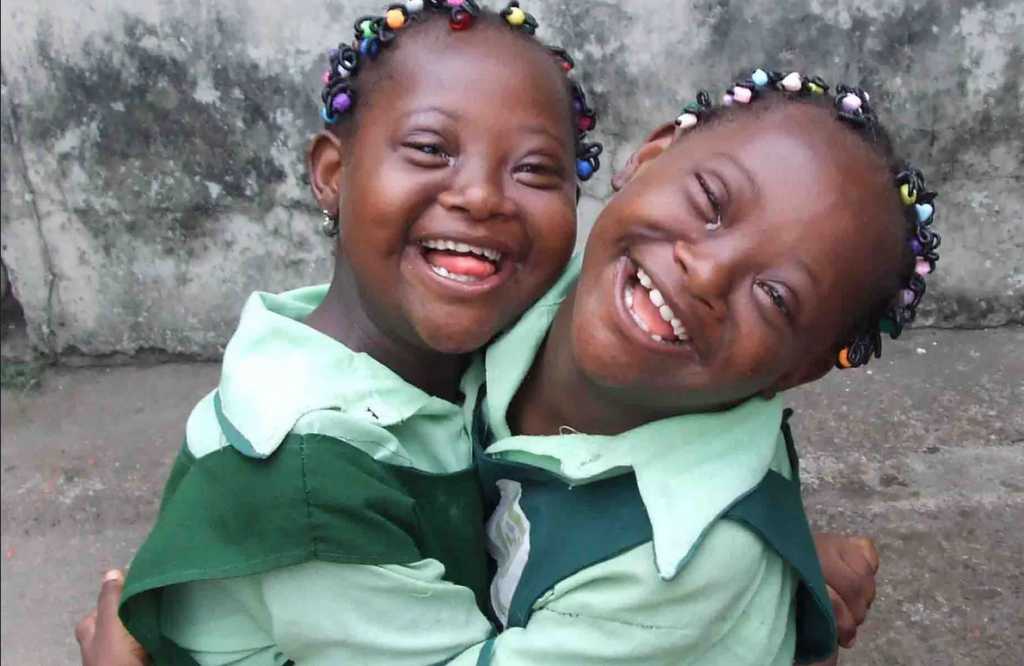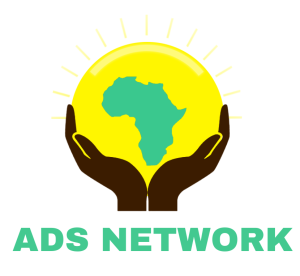All individuals should have equal opportunity to participate in society, and sometimes it is necessary to give more support to people coping with mental and physical challenges.

Human rights are not optional photo for promoting social inclusion of mentally and physically disabled individuals. Photo obtained from Civil Hetes
According to WHO, approximately 15% of the world’s population over one billion people, are persons with disabilities (PWD), and 80% of them live in low-income countries. Even though this group represents a huge part of society, law and public polices around the world are not able to ensure dignity, autonomy, and equality for them affirm that PWD are the most marginalized and excluded group in any society, even in development countries. Besides, disability and poverty walk side by side there is a positive relationship between them. Poor people tend to be more vulnerable to diseases that lead to a disability, once they usually live surrounded by terrible environmental condition, theirs jobs are more dangerous and they do not have access to services like water supply, sanitation and health care. On the other hand, being a PWD raises the chances to be poor, once going to school and being employed is more difficult for the disabled. In this scenario, it is necessary to strengthen human rights discourse, once it can be used, as a moral argument, to advocate by or on behalf of vulnerable, marginalized and excluded groups. Human rights can be used as a tool to shift global politics from power to individual respect. For this reason, African Disability Support Network has implored advocacy movements to promote rights to fight against social inequality demanding States to prioritize neglected issues and to reform politics, promoting, thus, social inclusion.
In a rights based perspective all individual should have equal opportunity to participate in society, and sometimes it is necessary to give more support or protection for some people to power their capacity and ensure that they will be able to fully take part in that society. The lack of access to services, information and support is what reinforces the vulnerable condition of PWD.

Promoting social inclusion through disabled persons participation in societal decisions and activities. Photo credit – Yetne Beresh
In an inclusive society PWD should be able to be included in all aspects of society, even in policy making process, claiming for their rights and becoming the drivers of the change. Nevertheless, marginalized and vulnerable groups have difficulties to participate in decision-making process, their needs are not heard and they are excluded. Knowing this, it is important that development projects and programs, which work in a rights-based approach methodology, which can guarantee that excluded groups take part in political decisions, as the Community Based Rehabilitation Guidelines outlined: “Inclusive development is that which includes and involves everyone, especially those who are marginalized and often discriminated against. People with disability and their family members, particularly those living in rural or remote communities or urban slums, often do not benefit from development initiatives and therefore inclusive development of disability is essential to ensure that they can participate meaningfully in development processes and policies. Mainstreaming (or including) the rights of people with disabilities in development agenda is a way to achieve equality for people with disabilities”.
Disabled people organizations (DPOs) play a special role in projects and programs with rights-based approach. Their active presence during the CRPD writing and negotiation process was essential for its approval. Also, the Article 4 of CRPD states: “In the development and implementation of legislation and policies to implement the present Convention, and in other decision-making processes concerning issues relating to PWD, States Parties shall closely consult with and actively involve persons with disabilities, including children with disabilities, through their representative organizations”. Political decisions need active and engaged society in order to be kept.
Recent Comments
Categories
Popular Tags
Therefore, build capacity of local DPOs is a key instrument to strengthen their own political power, and to disseminate information. PWD and their family usually trust the DPOs, supporting their activities and fortifying their representativeness in development discussion and police making. Therefore, when DPOs are empowered and recognized as an important stakeholder, they can advocate for public policies that respect the CRPD.
Sensitization and promoting awareness amongst grassroots’ communities’ particularly African communities and black minority ethnic groups are also another important objective of our projects. When society is aware of rights and necessities of vulnerable groups, it can help advocacy movements to demand specific issues into community and state agendas. Furthermore, this revolves into reducing negative societal attitudinal behaviours towards people with mental and physical health disabilities such as exclusion, discrimination, isolation and stigmatization.

Happy children with down syndrome. Obtained from: SUN NEWS




